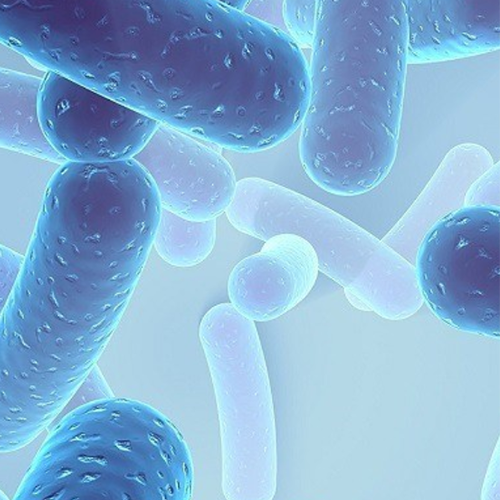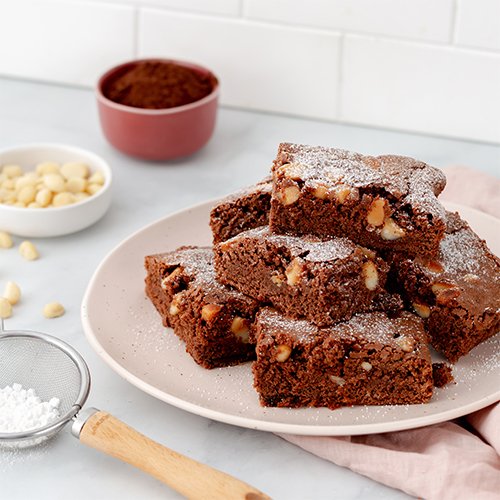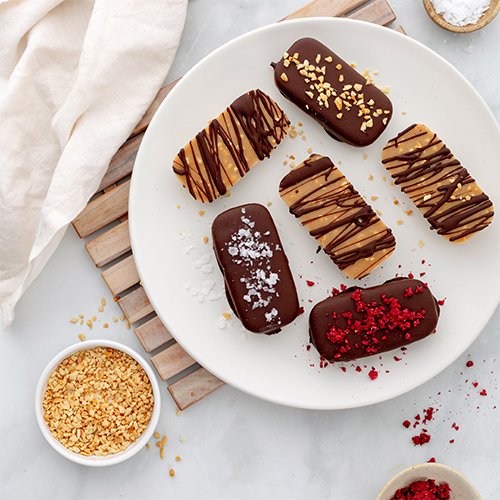Five reasons why we use the probiotic LactoSpore®️ Bacillus coagulans MTCC 5856
At Noisy Guts, everything we do is backed by science - our Superflora products, our recipes and even blogs like this one!
But what does that mean? - well here’s an example. We choose our ingredients because there is good clinical evidence that they will be suitable for people with gut issues and/or help improve gut symptoms. Our Superfora shakes have been tested and certified low FODMAP by Monash University and so can be used by people following the low FODMAP diet to help manage their IBS symptoms. We also have our Superflora shakes and Daily Gut Health Boost mixes tested by a NATA accredited lab to ensure that they are gluten-free.
What we put in our shakes and drink mixes is as important as what we leave out. One key ingredient is our probiotic. We recently revisited our choice of probiotic to see if we need to change it or add more strains. After reviewing the scientific literature, we deciced to stick with the same strain, Bacillus coagulans MTCC 5856 (also known as LactoSpore®️).
Here’s the five reasons why it’s the best.
The Science
We read several papers on the use of probiotics in management of gut conditions in gut conditions for IBS that were confusing about the species or mixture of species and strains being used. In contrast there was a substantial body of evidence specifically about Bacillus coagulans.
We worked with Sabinsa to to review the scientific literature. Gathering the results for 18 clinical trials, we found that Bacillus coagulans had positive impacts for a variety of gastrointestinal health outcomes, and there was the strongest evidence of a positive impact for IBS.
Bacillus coagulans MTCC 5856 contributes lives beneficial bacteria and supports the health and diversity of the gut microbiome.
It also improves functional bowel symptoms including constipation, diarrhoea and gas, particularly in those with irritable bowel syndrome (IBS).
Because these relationships were established by systematic review we’ve been able to notify FSANZ and can use them on our packaging.
2. Stability… even when hot
Bacillus coagulans MTCC 5856 is a spore forming bacterium. That helps make it stable. It’s adapted to remain quiet and dormant in spore form protected from challenging conditions like stomach acid and bile until it finds itself in the optimal conditions in your intestine, where it is reactivated and does it’s stuff.
This spore forming ablity also makes it shelf stable and it can be stored at room temperature. It survives shipping and storage with no loss of viable count.
You can even cook with Superflora Gut Health Shakes and reap the benefits of the probiotic. It is stable during baking (for 20–25 min at 205 °C). Stir it through you porridge after cooking, or bake it in brownies.
3. …or cold
It’s also stable under frozen conditions (20±2 °C).
That means you can add it to your homemade ice-cream.
Try our delicious peanut and caramel ice-cream bars recipe if you need inspiration.
4. It’s vegan
Don’t be confused by the name LactoSpore®️. This probiotic isn’t cultured on any kind of milk product. The name comes from the fact that it makes lactic acid. This helps create an acidic environment in the gut and contributes to Bacillus coagulans MTCC 5856’s anti-microbial activity towards pathogens.
In fact LactoSpore®️ is vegan, which means we can use it across our whole range of gut health shakes including in our Plant-Based Chocolate Superflora, and our Berries+ and Greens+ Daily Gut Health Boost.
5. Guaranteed quality
We know exactly what we are getting with LactoSpore®️ - it’s Bacillus coagulans MTCC 5856, with all the benefits described above.
It’s more expensive than other probiotics, but we know that it is the exact strain for which clinical data has been gathered.
We also know that by sourcing it from the Sabinsa Corporation that it is safe, and isn’t contaminated with harmful bacteria, endotoxins or antibiotics. Sabinsa also test to ensure that it hasn’t changed either genetically or phenotypically.
So you can enjoy it with confidence!
Written by: Dr Mary Webberley, Chief Scientific Officer at Noisy Guts. Mary has a background in biology, with two degrees from the University of Cambridge and post-doctoral research experience. She spent several years undertaking research into the diagnosis of IBS and IBD. She was the winner of the 2018 CSIRO Breakout Female Scientist Award.





